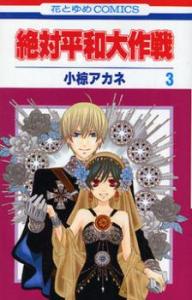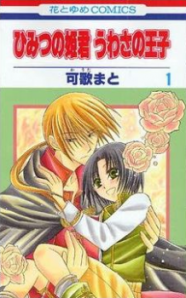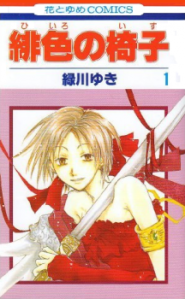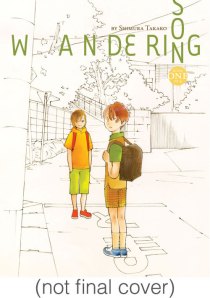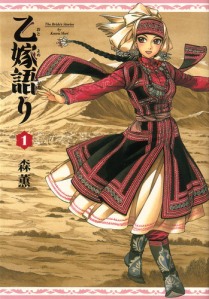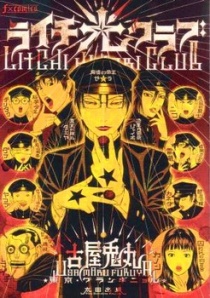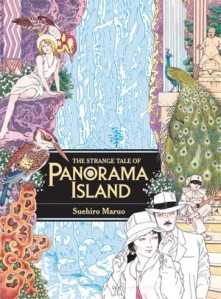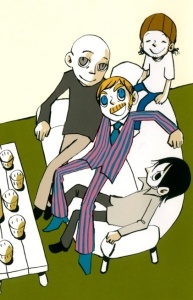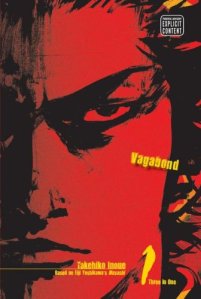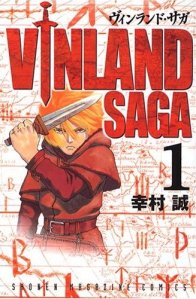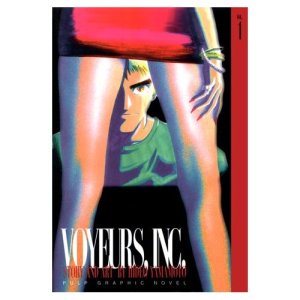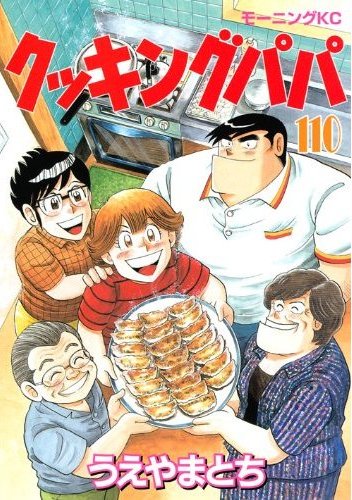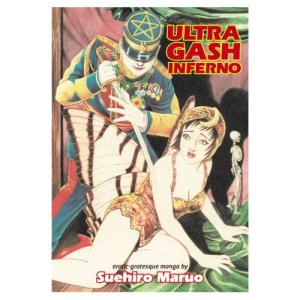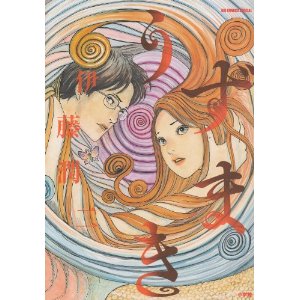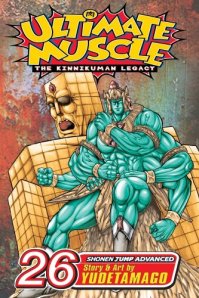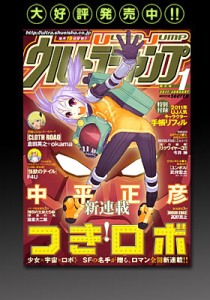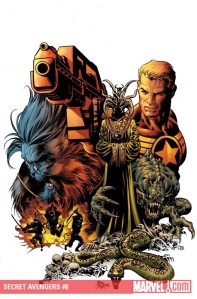I saw a story on the BBC about these all-girl pop groups that are cropping up in Japan under the sponsorship of just about everyone, from corporations to vegetable growers associations to urban redevelopment committees. And it reminded me of the truth that, when you put four or more attractive people in a row and give them some common purpose, your chances of achieving your aims improve at least slightly, depending on how appealing those four or more young people are.
They can come together by inspiration or design, it really doesn’t matter all that much. Origins in inspiration are obviously more highly regarded than manufacture, but, one or the other, people can still develop attachments to even the most cynically constructed assemblages. If they look good standing in a row, if their types connect in comforting ways, you’re in good shape.
The tale of local-produce promotional singing sensations mentioned above also reminded me of the truth that success replicates, even if you’ll never quite capture the lightning in a bottle that inspired the original. Entire comics companies have been born out of a desire to replicate the grim and gritty success of Wolverine. Intriguing notions become franchises, for better or worse.
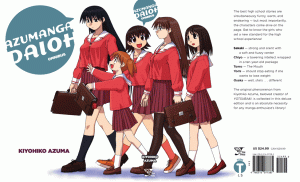
In the case of the cast of Kiyohiko Azuma’s Azumanga Daioh (Yen Press), they are the best they are at what they do, and what they do is be funny and cute, particularly funny. Azuma’s ensemble seems to have inspired a host of imitators, temperamentally balanced groups of girls with their weapons set on “charm.” That they will almost certainly never rank any higher than second place, given that it’s unlikely that Azumanga Daioh will ever drop from first, isn’t reason for them not to exist. People didn’t stop writing plays about crazy, southern drunks after Tennessee Williams or musicals about neurotic people after Stephen Sondheim.
 Of course, not all of these imitations fully justify their existence. I thought the four cute girl students of Ume Aoki’s Sunshine Sketch (Yen) were totally forgettable, like adorable collectibles rather than proper characters, in spite of their promising art-school setting. The music-club girls of Kakifly’s K-On (Yen) are just better enough that I can see myself spending a few volumes with them.
Of course, not all of these imitations fully justify their existence. I thought the four cute girl students of Ume Aoki’s Sunshine Sketch (Yen) were totally forgettable, like adorable collectibles rather than proper characters, in spite of their promising art-school setting. The music-club girls of Kakifly’s K-On (Yen) are just better enough that I can see myself spending a few volumes with them.
Yes, there’s the serious one, the loud one, the dingbat, and the rich girl. Yes, there’s the obnoxious teacher who should probably find another career. Yes, they go to the beach and wear kimonos and maid costumes. They basically go through all of the Stations of the Cross. But I enjoyed their company, and I got a reasonable number of chuckles out of their delivery of admittedly familiar situations. I can even abstractly appreciate the thoroughness with which Kakifly has abetted the audience’s wish fulfillment – there isn’t even the silhouette of a male character to present competition.
But, at the same time, I’m not the author’s ideal reader, either. I didn’t read the magazine, then collect the paperbacks, then watch the anime, then download the soundtrack of the anime, then buy the DVDs, then collect the figurines, play the video game, and track down the sexy fan comics, all while discussing with my friends which character I’d ideally like to marry, judging them for their choices. If that sounds like I’m judging the franchise for being cynically commercial, I’m not. Kakifly and company took a successful formula, turned it into something likable, and built a mini empire out of that. It’s better than building an empire based on something awful, right?




 Posted by davidpwelsh
Posted by davidpwelsh 